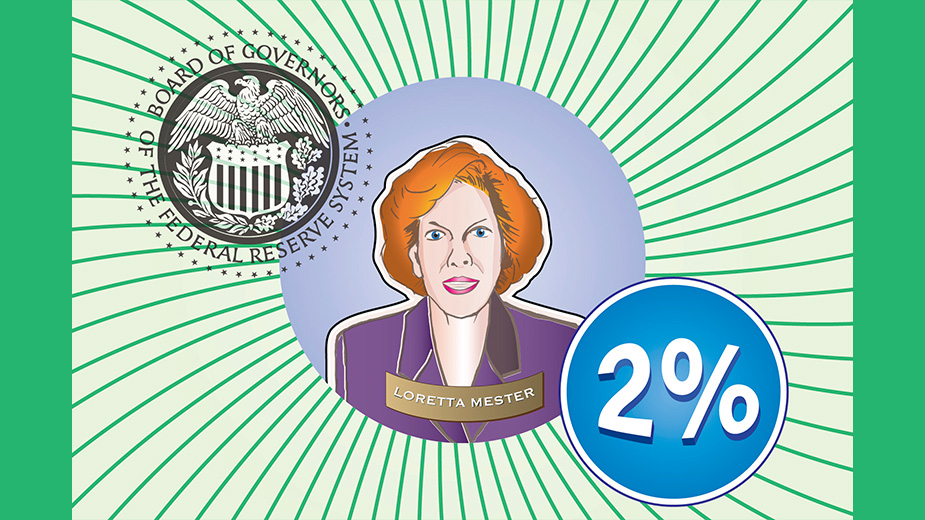PNC Survey: Economic Optimism Shaken, but Businesses Adapt
PITTSBURGH, Pa. – The coronavirus pandemic and its ensuing impact on the economy has caused the largest six-month drop in business optimism, according to a survey by PNC.
In its semi-annual survey of small- and medium-sized business owners, PNC found 21% of respondents were optimistic about the national economy, down by half from spring. While the drop is the largest in the survey’s 17-year history, optimism still remains higher than at any point during the Great Recession.
Sentiment about the business climate, however, still remains predominantly positive as 72% responded with such sentiments. The change comes in a shift to hope (49%, up from 37% in the spring) from enthusiasm (17%, down from 42% in spring).
The pandemic has also led to widespread business changes, with 79% saying they have adapted their business to COVID-19 ,including safety changes (69%), new policies and procedures (62%) and physical modifications (57%). A third have adopted work-from-home policies.
“Business owners have learned that the previous status quo won’t work now. The majority of businesses have reconfigured their operations and for many, these changes will be permanent,” said PNC chief economist Gus Faucher in the report. “Their confidence may be shaken, but we know through the history of this survey that business owners are resilient and they know how to adapt to change.”
According to the survey, half (51%) of businesses report increased use of technology since the outbreak began. A third (33%) have increased technology to improve workforce productivity. Nearly three in 10 (29%) have added or increased the use of electronic or touchless payment systems, electronic /website-enabled sales (23%) or electronic banking/cash flow management services (21%), and nearly 19% increased use of fraud/identity protection tools.
The pandemic has forced many to shake up their product lineups to better align with consumers’ new habits. A third (33%) of business owners report making product-related changes, either in the way they sell or deliver their products and services (31%) or to the types of products and services they offer (13%).
The drop in business activity over recent months forced many to take drastic measures through workforce reductions; nearly four in 10 businesses have cut workers since the start of the pandemic, although for 87% of those, the decrease is considered temporary or a furlough. In fact, a majority (58%) of the businesses who had temporary layoffs or furloughs have already begun re-hiring.
Faucher said the worst may be over and economic activity is on the rebound, but the “new normal” doesn’t mean a return to robust job and business growth that existed early in 2020.
After job losses of more than 22 million between February and April, by far the steepest employment downturn in history, the labor market has started to recover. The economy has added back nearly one-half of those lost jobs, but job growth will slow going forward. Unemployment will remain elevated for years to come as business owners continue to deal with the impacts of the pandemic,” said Faucher.
The full national report can be read HERE.
Copyright 2024 The Business Journal, Youngstown, Ohio.



